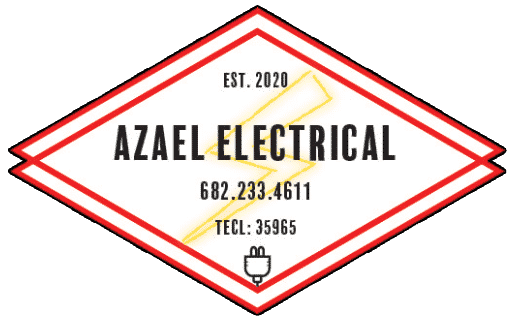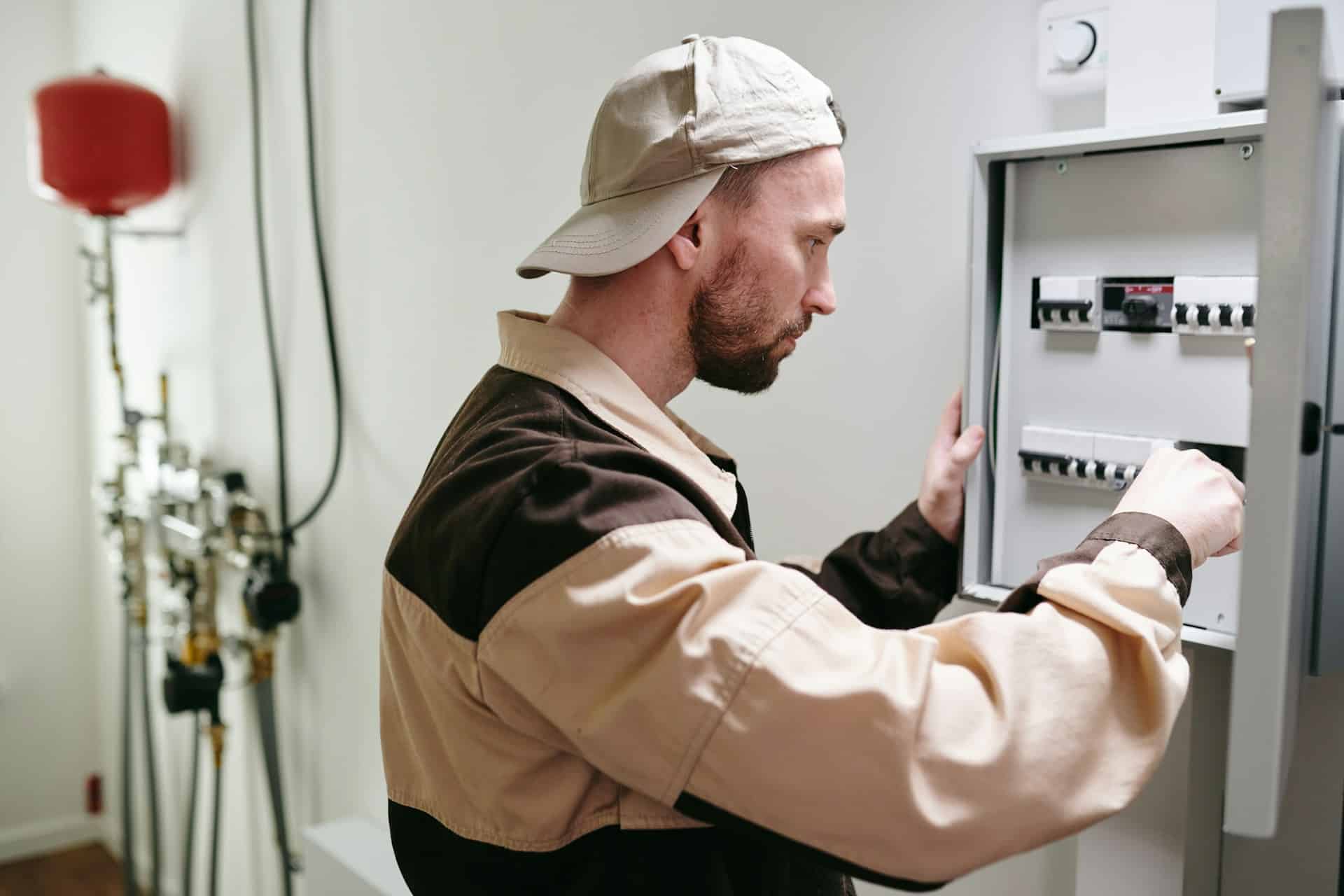Having a professional electrical inspection is crucial for the safety and efficiency of your home. Electrical issues can lead to serious hazards like fires or electric shocks. Many problems in your home’s electrical system can go unnoticed until they become dangerous. An inspection by a licensed electrician can help catch these issues early. Let’s dive into why these inspections are so important and what they involve.
Importance of Electrical Inspections for Home Safety
Electrical inspections are crucial for keeping your home safe. Many electrical problems can go undetected until it’s too late. Regular inspections help spot these issues early. An electrician checks the wiring, outlets, and other electrical parts to make sure they’re working correctly. This reduces the risk of fires and electric shocks.
Faulty wiring is one of the leading causes of house fires. Old wires can degrade and cause sparks. Regular inspections ensure your wiring is safe. Electricians will replace any damaged or outdated wires. This simple step can save your home from a potential disaster.
Inspections are also vital for finding overloaded circuits. If too many devices use the same circuit, it can overheat and trip your breakers. This can be dangerous and annoying. An electrician can recommend solutions like adding new circuits or upgrading your breaker box.
Components Checked During a Professional Electrical Inspection
During an electrical inspection, many components of your home’s system are examined. Here’s a list of key areas that get checked:
1. Wiring: Electricians inspect the condition of your wiring, looking for wear and tear. Old or damaged wires can be a fire hazard and need replacing.
2. Outlets and Switches: Each outlet and switch is tested to make sure they work properly. Loose or faulty outlets can cause electric shocks or fires.
3. Circuit Breakers: The electrician checks the breaker box to ensure it’s functioning well. They look for signs of wear and test if the breakers trip correctly when overloaded.
4. Grounding and Bonding: The grounding system prevents electric shocks. The electrician checks that all grounding components are in place and functioning.
5. Smoke Detectors: While not always part of the electrical system, many inspections include checking smoke detectors. They ensure these vital safety devices are working and located in the best spots.
Benefits of Regular Electrical Inspections
Regular electrical inspections offer many advantages that go beyond just safety. Here are some key benefits you can expect:
1. Preventing Costly Repairs: Catching small issues early can prevent them from becoming big, expensive problems. An electrician can fix minor faults before they lead to significant damage or system failures.
2. Energy Efficiency: Inspections can identify outdated or inefficient electrical components. Upgrading to more efficient wiring and fixtures can save energy and reduce your utility bills.
3. Peace of Mind: Knowing your home’s electrical system is safe and up to code provides peace of mind. This is especially reassuring if you have an older home or if you’re buying a new one.
4. Insurance Compliance: Some insurance providers require regular electrical inspections. Keeping up with these inspections can help you maintain your coverage and might even lower your premiums.
5. Increased Home Value: Homes with updated electrical systems are more attractive to buyers. Regular inspections can help maintain or even increase the value of your property.
How to Prepare for an Electrical Inspection and What to Expect
Preparing for an electrical inspection is straightforward. Here are some steps to get ready:
1. Know What Will Be Checked: Review the components the electrician will inspect, such as wiring, outlets, and circuit breakers. This helps you understand what to expect during the inspection.
2. Clear Access to Electrical Panels and Outlets: Make sure the electrician can easily reach your breaker box, outlets, and switches. Move any furniture or items that might be in the way.
3. Gather Documentation: Have any previous inspection reports or records of electrical work done on your home handy. This information can help the electrician understand your system better.
4. Be Ready to Answer Questions: The electrician might ask about any issues you’ve noticed, like flickering lights or tripped breakers. Providing this information can help them diagnose problems more efficiently.
During the inspection, the electrician will check all the essential components of your electrical system. They will look for any signs of wear, damage, or potential hazards. If any issues are found, the electrician will explain them to you and suggest solutions.
Expect the inspection to take a couple of hours, depending on the size of your home and the complexity of your electrical system. After the inspection, you’ll receive a detailed report of the findings and recommendations for any repairs or upgrades needed.
Conclusion
A professional electrical inspection is a vital step in maintaining your home’s safety and efficiency. By understanding the importance of these inspections, knowing what components are checked, and being aware of the benefits and preparation steps, you can ensure that your home remains a safe place for your family.
If you’re due for an electrical inspection or have concerns about your home’s electrical system, our professional electrician is here to help. Contact us at Azael Electrical today to schedule an inspection today. Your safety and satisfaction are our top priorities!

